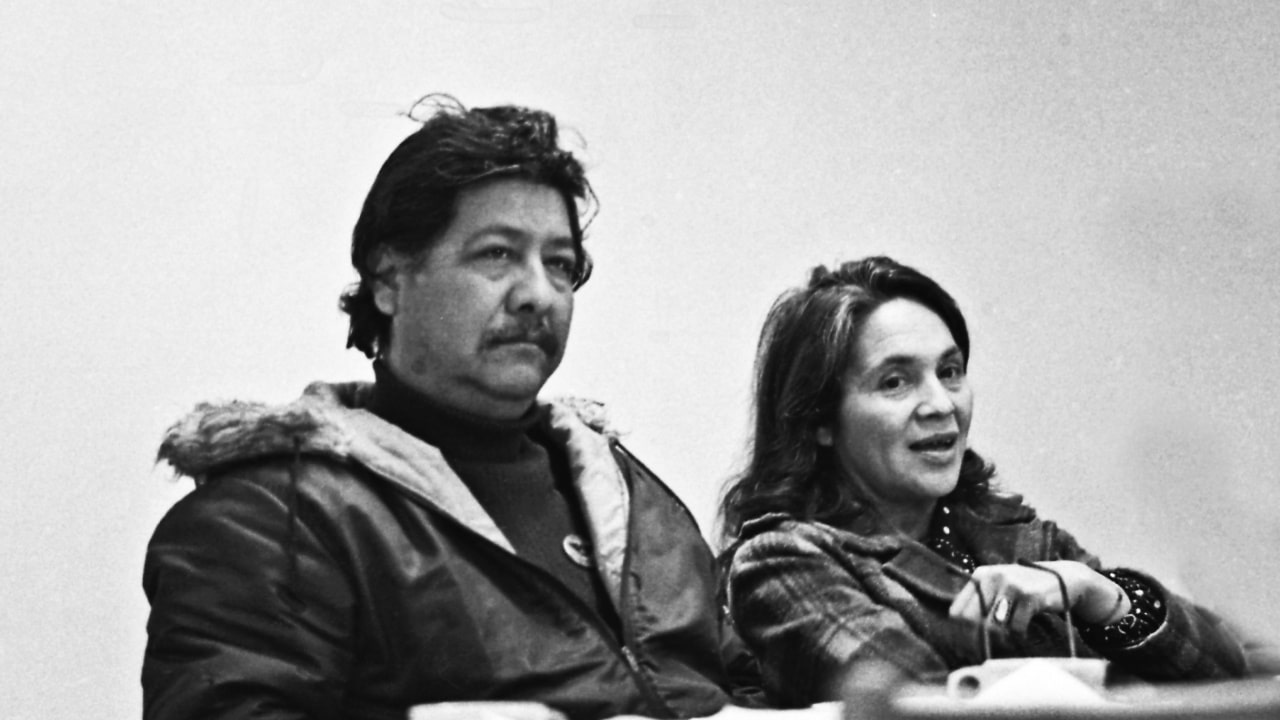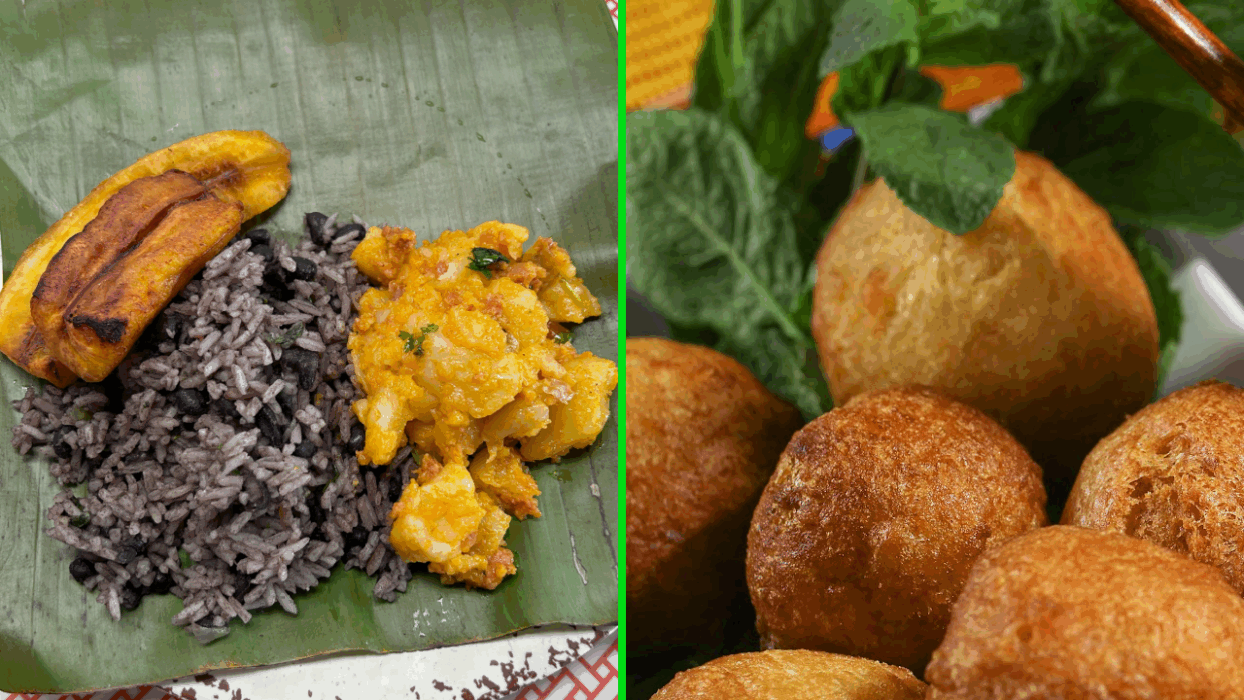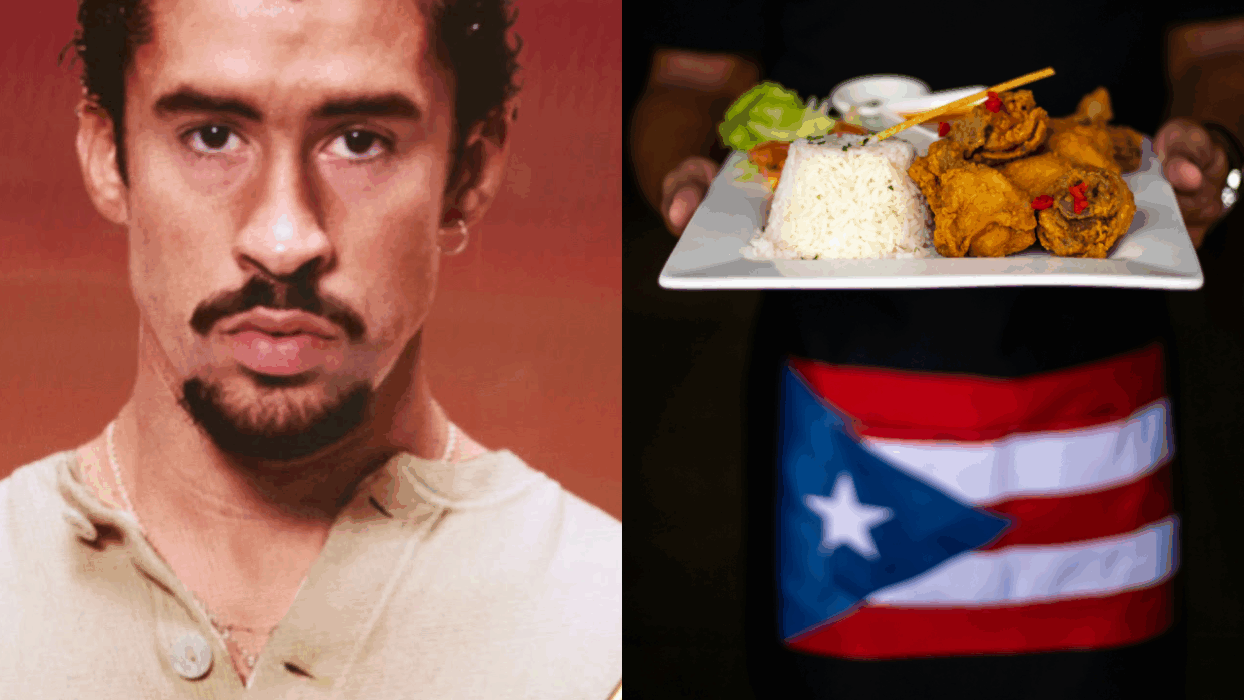
How César Chávez and Dolores Huerta Sparked a Movement That Changed Farmworker Rights Forever
The Latino community is no stranger to fighting for our rights and dignity. The most famous collective action is the Delano Grape Strike, which fought for dignity for California farmworkers. César Chávez and Dolores Huerta organized protesters and workers to demand better working conditions and pay for the people. The movement started small and soon grew into a larger movement with the support of other high-profile social justice activists.
César Chávez and Dolores Huerta started the fight for farmworkers in the United States
It all started on Sept. 30, 1962, when activists César Chávez and Dolores Huerta founded the National Farm Workers Association (NFWA). This would become the United Farm Workers (UFW). Chávez created NFWA after the Community Service Organization refused his request to organize a strike for farmworkers. Taking matters into his own hands, he and Huerta set to work making change happen on their own.
Chávez spent three years going door to door to recruit Filipino farmworkers for the strike. In 1965, the strike started, led by AWOC organizer Larry Itliong. Farmworkers across 20 farms went on strike demanding a minimum wage increase from $1 an hour to $1.40 an hour.
The strike faced headwinds when strikebreakers arrived and entered the fields to take over the work on the fields. Several thousand Mexican-American workers joined in the strike and walked off from 48 ranches in the area. The massive strike drew national attention to the fight for better working conditions and pay for farmworkers in Delano, California.
The movement led to the Delano Grape Strike
The UFW called for a national strike of table grapes in response to the strikebreakers undermining the efforts of striking farmworkers. The union sent people to Detroit, Chicago, New York, Boston, Philadelphia, Montreal, Toronto, and other cities to rally support for the cause. The ongoing Civil Rights Movement has brought attention to the plight of Black Americans who were fighting for equal rights in the United States.
Additionally, leaders of the Civil Rights Movement went to Delano, California to train the farmworkers on nonviolent protest tactics.
This made it easier for the Delano Grape Strike to be successful. Millions of people understood the fight for dignity. In response, millions joined the boycott and refused to buy table grapes. The boycott forced more than 30 grape growers to come to the table and sign new three-year contracts with their workers in 1970.
The UFW kept holding growers accountable
The UFW helped to organize the Salad Bowl Strike in 1970 with the same goal: bettering the condition of farmworkers picking lettuce. However, this time the growers took legal action against UFW and Chávez. A California court granted an injunction aimed at ending the Salad Bowl Strike on the grounds that the UFW did not have the contracts for the farmworkers who were on strike.
The strike did not end, and Superior Court Judge Gordon Campbell sentenced Chávez to 10 days in the Monterey County Jail. Authorities charged Chávez with contempt of a court order after he refused to call off the national lettuce boycott. His arrest galvanized the strikers and drew more attention to the ongoing fight for farmworkers’ rights.
Chávez was openly defiant of the order and was famously quoted as saying, “Boycott the hell out of them.”
Chávez ultimately spent 21 days in the Monterey County Jail from Dec. 3 to Dec. 24. The California Supreme Court intervened and ordered Chávez’s release. The court also ruled that the boycotts and strikes could continue. The UFW negotiated with the International Brotherhood of Teamsters and transferred all Salinas Valley labor contracts.
The UFW registered with the American Federation of Labor and Congress of Industrial Organizations in 1972. The union’s advocacy, strengthened by two successful national boycotts, continues to this day taking on modern forms. What started as a fight to give Filipino farmworkers better working conditions has grown into a multi-decade movement putting the health and dignity of farmworkers first.




